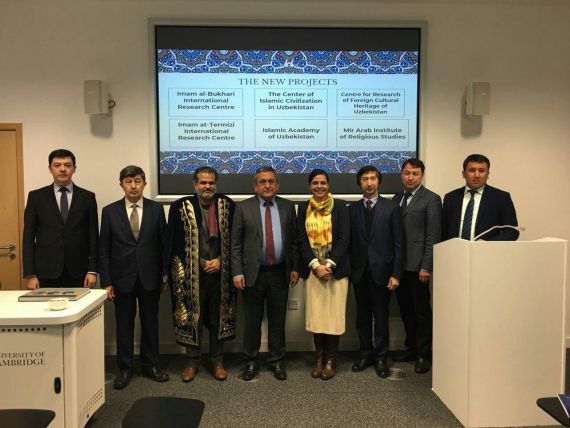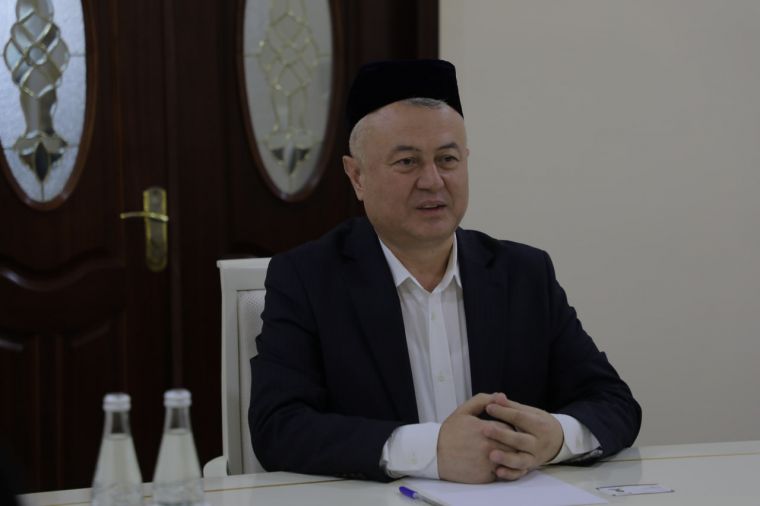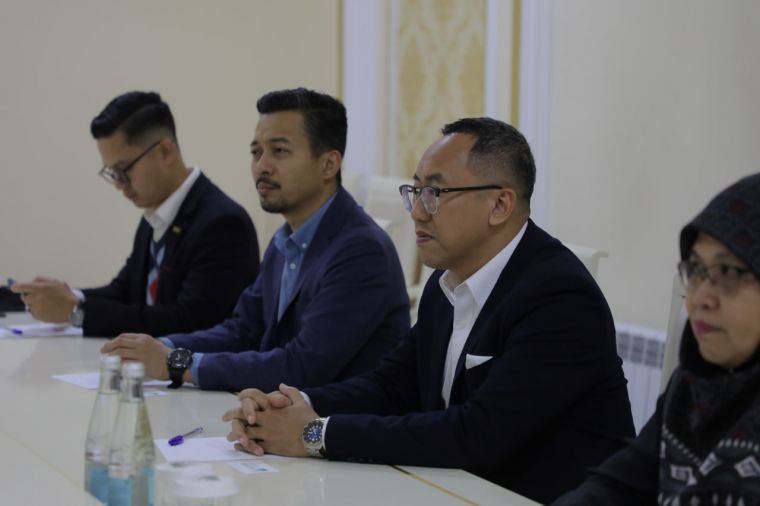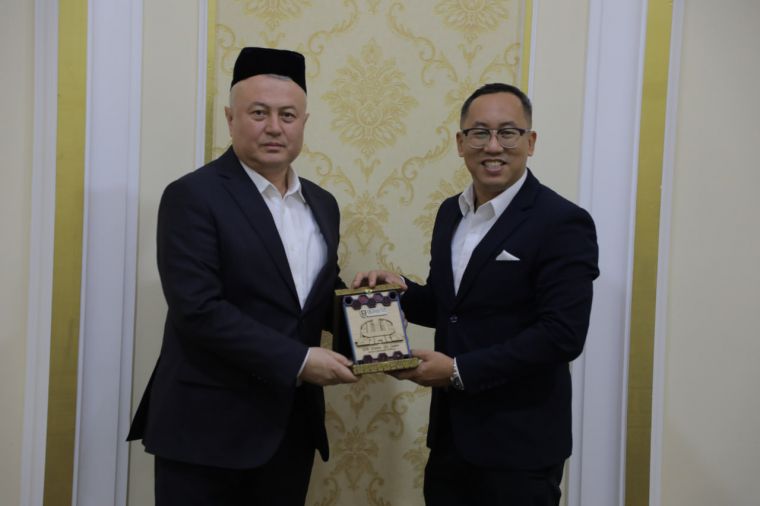Tashkent city



As it was informed earlier, a group of scholars on Islamic and oriental studies have visited Oxford and later Cambridge University. They met with professors and discussed future research perspectives.
Partnership agreements between Central Asian Forum of Cambridge University and Center for Islamic Civilization, Imam Buhari scientific-research center, The Center for research on Uzbek cultural heritage abroad and Tashkent Islamic University were signed.
According to the agreement scholars from Cambridge University are expected to provide lectures at Islamic Academy of Uzbekistan and Tashkent Islamic University and participate in international conferences. Scientific articles of Uzbek researches are going to be published in Cambridge magazines.
The sides agreed on establishing Khorazmi and Ibn Sina scholarships. Cambridge University expressed its willingness to cooperate in scientific and family tourism.
Dr. Siddharth Saxena highly evaluated positive developments in the sphere of ancient cultural heritage research. He also noted that British Oxford and Cambridge University buildings were constructed similar to the architectural styles of madrasahs in Bukhara and Samarkand whic once again proves that friendship relationships were established centuries ago.
We greatly benefit from scientific cooperation with scientists from Uzbekistan as there is great need at our university for specialists who work on cataloging manuscripts in Turkish and Farsi.
It should be noted with great applause that Uzbek lessons started to be offered at Cambridge University since February 12th, 2018. According to the agreements specialists visiting Cambridge from Uzbekistan would be providing Uzbek lessons.
At the end of the meetings the sides expressed their gratitude to the leaders of both countries for the friendly mutual relationships in all spheres of life including science.
Press Service,
Muslim Board of Uzbekistan

The Muslim Board of Uzbekistan hosted a meeting with a delegation from the Institute of Islamic Studies under Tun Hussein Onn University of Malaysia, led by its director Khairun Nizam.
The guests were welcomed by Deputy Chairman of the Muslim Board of Uzbekistan, Muhammadolim Muhammad Siddiqov, who congratulated them on their visit and briefed them on the structure and activities of the Board, particularly the Department of Education and Scientific Research.
The delegation expressed appreciation for the significant progress taking place in Uzbekistan in recent years in the fields of religion, culture, and tourism, and noted with admiration the establishment of the Center for Islamic Civilization, the reconstruction and beautification of the Imam al-Bukhari Complex, and the development of other higher religious educational institutions such as Mir Arab, Imam Maturidi, and Imam Termizi centers.
During the meeting, the sides discussed opportunities for mutual cooperation in education, academic research, and exchange of scholarly and cultural experience.
At the conclusion, both parties exchanged commemorative gifts, took group photographs, and wished each other continued success.
Muslim Board of Uzbekistan – Press Service




